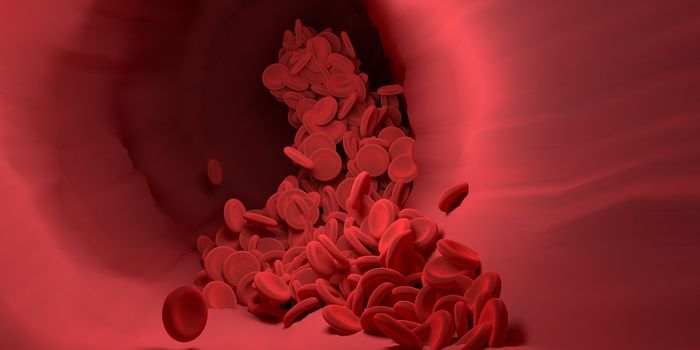A Rheumatoid Arthritis-Promoting Molecule is Identified
Researchers have found that a protein called sulfatase-2 may play a significant role in the tissue damage caused by rheumatoid arthritis, an autoimmune condition in which the joints are targeted and attacked by the immune system. The findings have also provided new insights into the mechanisms underlying rheumatoid arthritis, which could help scientists develop better treatments for the millions of people who have the disorder. The work has been reported in Cellular & Molecular Immunology.
While sulfatases, including sulfatase-2 have already been investigated for their roles in cancer, researchers were interested in whether they were also related to inflammatory conditions. To learn more, they used a synovial fibroblast cell model; these cells line and lubricate the joints, allowing them to move freely.
Inflammatory signals including a molecule called TNF-alpha (tumor necrosis factor-alpha) can activate these cells in rheumatoid arthritis, and they can become "aggressive," explained first study author Ruby J. Siegel, a graduate student in the WSU College of Pharmacy and Pharmaceutical Sciences. "They are not dying when they should, and they proliferate in a way that is almost tumor-like, forming this massive synovial tissue that should not be anywhere near that size and at the same time activating proteins that destroy cartilage and bone."
Many arthritis therapies that are now available target TNF-alpha, noted senior study author Salah-Uddin Ahmed, a professor in Washington State University's College of Pharmacy and Pharmaceutical Sciences. But patients can develop resistance to those drugs. "That is why we were looking for previously undiscovered drug targets in TNF-alpha signaling, so basically proteins that it interacts with that may play a role."
The investigators eliminated sulfatase-2 from a group of the cells, then exposed all of them to TNF-alpha. They determined that the cells without sulfatase-2 did not have an exaggerated inflammatory reaction to TNF-alpha while cells that expressed sulfates-2 did, however.
"Looking at sulfatases for their potential role in inflammation was an educated guess, but once we did we saw a very consistent pattern of increased sulfatase-2 expression throughout different tissues and samples we studied," Ahmed said. "This tells us that TNF-alpha relies on sulfatase-2 to drive inflammation, because as soon as we removed sulfatase-2 the inflammatory effects of TNF-alpha were markedly reduced."
Sources: Washington State University, Cellular & Molecular Immunology









